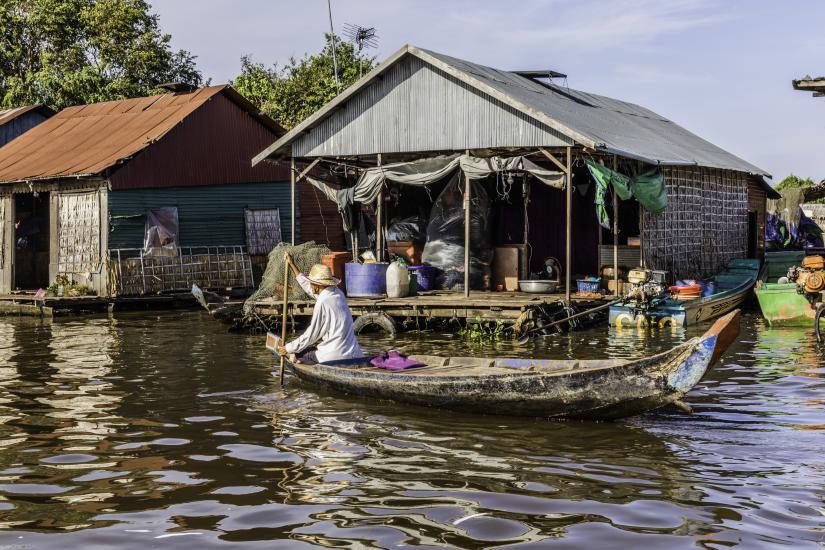ISF makes a big contribution to the impact of research in global water security.

A new resource released by the Department of Foreign Affairs and Trade's (DFAT) Water for Women Fund has highlighted the vital role of research translation in advancing water security, sanitation, and hygiene (WASH) programmes globally.
The brief, launched in late 2024, analyses seven years of collaborative research and implementation, identifying ten key areas where research has made significant contributions. These range from thought leadership and innovation to catalytic value creation beyond initial investments.
Professor Juliet Willetts from the UTS Institute for Sustainable Futures (ISF) emphasised that research has contributed through "multiple, non-linear pathways" to achieve the Fund's ultimate WASH objectives. “In looking at the Water for Women theory of change, we can see that research contributed through multiple, non-linear pathways to the Fund’s ultimate WASH aim. We and others built up the WASH evidence base, which is the fourth Fund outcome, and research also contributed through many other pathways, for instance as a precursor for better-informed action by CSOs or other stakeholders such as government and private sector actors,” Willetts said. ISF led four interconnected research projects between July 2018 and December 2022, focusing on gender equality and inclusion in climate-resilient WASH programs.
Water for Women allowed researchers some space for ‘blue sky thinking’ to explore areas that we know are important, but are not yet caught in programming, such as self-supply of water services and circular economy.
– Dr Naomi Carrard, ISF
The ISF research projects, implemented with partners across six Asia-Pacific nations including Cambodia, Nepal, and Bangladesh, attracted more than $5 million in funding and demonstrated the importance of strong partnerships between research organisations and civil society organisations (CSOs).
Dr Naomi Carrard from ISF highlighted how the program enabled researchers to explore innovative areas such as self-supply water services and circular economy approaches. “Water for Women allowed researchers some space for ‘blue sky thinking’ to explore areas that we know are important, but are not yet caught in programming, such as self-supply of water services and circular economy,” Carrard said.
ISF's Melita Grant underscored the relationship between research organisations and CSOs in global advocacy efforts. “There is a symbiotic relationship between ROs and CSOs in global advocacy because we are creating space in the global discourse that allows both ROs and CSOs to contribute and engage with leaders. Our evidence-based collective advocacy efforts would be weakened without the leadership and involvement of research organisations,” Grant said.
The brief particularly emphasises the significance of localisation, inclusion, capacity development, and evidence-based policymaking in creating sustainable WASH solutions that benefit communities across the Asia-Pacific region.

